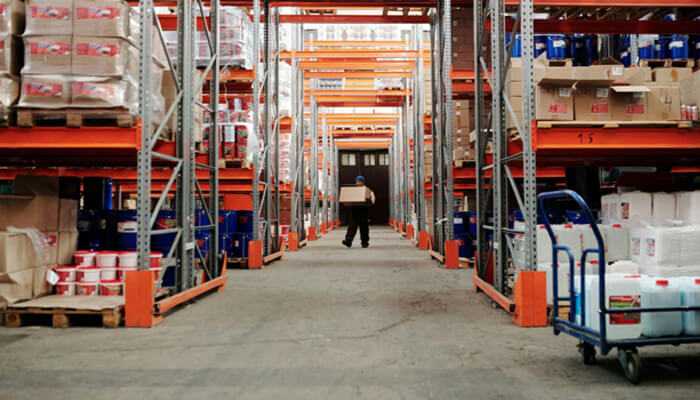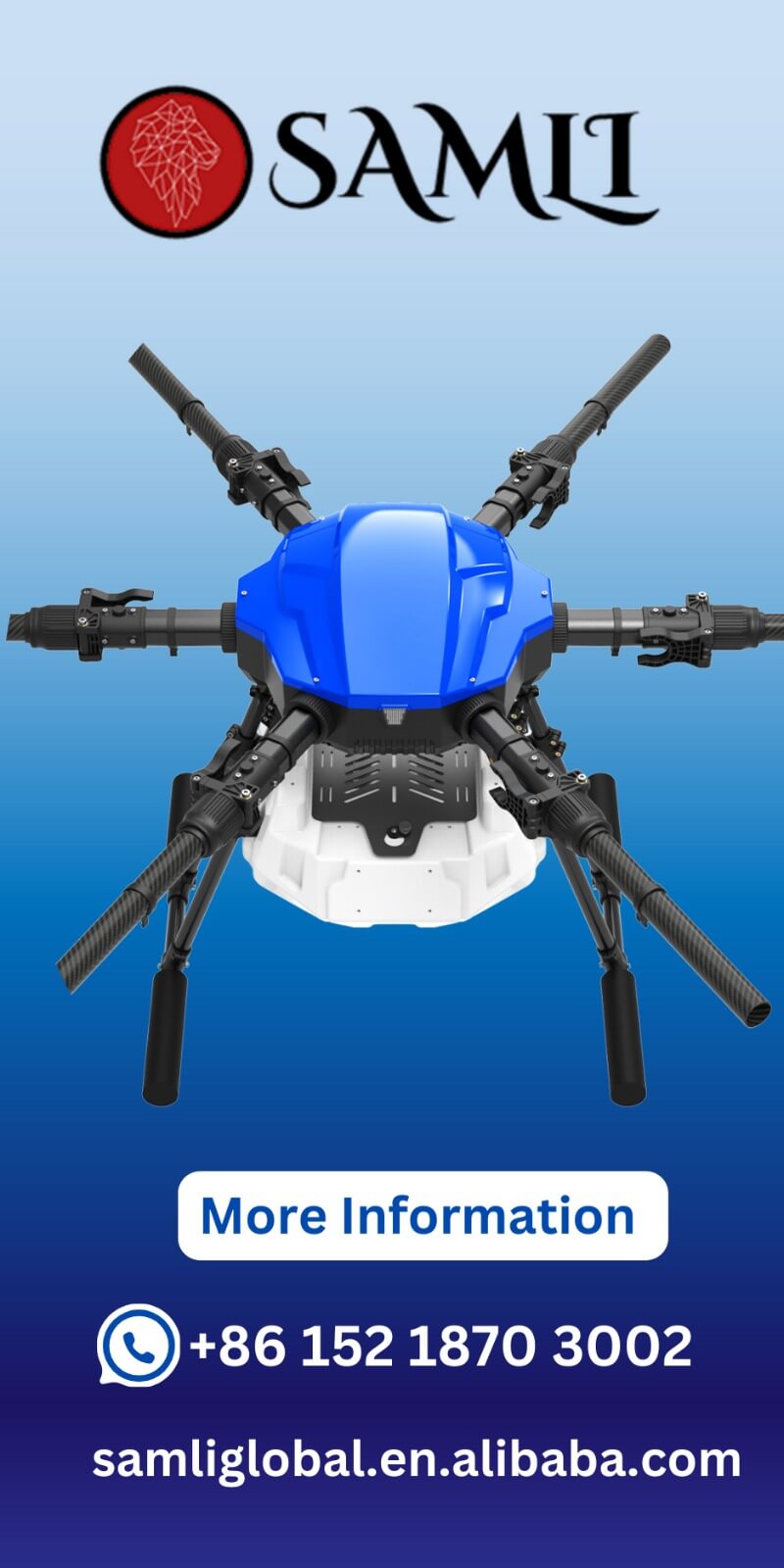Efficiency is one of the most important requirements for any highly competitive environment in modern manufacturing. The companies continue to optimize processes, limit wastage, and improve the quality of the products. One such highly overlooked area of optimization is through the use of high-quality weighing instruments, such as Ohaus scales & balances.
High accuracy in measurement and fully integrated into manufacturing operations for efficiency, Ohaus scales, and balances ensure better process control, rapid compliance with industry standards, and data-driven decision-making.
In this article, we will discuss how Ohaus scales and balances transform manufacturing operations through increased accuracy, speedy compliance, and data-driven decisions.
The Need for Precision in Manufacturing
Manufacturing requires accuracy even the slightest measurement mistakes create major flaws. Accuracy in weighing is provided by Ohaus Scales & Balances for tasks such as the formulation of chemical mixtures or weighing raw materials. Having precision lets manufacturers be confident with measurements and hence be free from expensive mistakes, especially within controlled industries like pharmaceuticals, where exact formulations are critical not only to compliance but also to avoid recalls.
Ohaus scales and balances reduce wastage and increase the quality of products by minimizing human error. Correct measurements ensure that a company remains within the set regulatory limits to avoid losses through product recall or compromised reputation. As an example, correct measurements of pharmaceutical products are prerequisite steps towards meeting their stringent regulatory standards.
On top of that, Ohaus scales enhance operational efficiency by delivering fast and accurate measurements. Fast and accurate readings offered by these scales speed up the production processes, hence enabling the employees to do other important tasks. This will boost productivity and generally enhance effectiveness in manufacturing operations.
Ohaus Scales in Smart Manufacturing
The integration of the IoT and Industry 4.0 brings smart technologies to industries. Ohaus scales can be perfectly connected to IoT systems for real-time data gathering and analysis, aiding manufacturers in monitoring processes and making informed decisions.
For instance, connected Ohaus scales provide real-time weight measurements, trending weight averages, and detection of anomalies, which indicate whether a batch of materials falls outside an acceptable weight range so that rapid corrections might be applied.
The integration of the IoT into Ohaus weighing scales further enables predictive maintenance. This is achieved through the continual monitoring of equipment performance, spotting issues before failure, hence reducing equipment downtime and associated maintenance costs, and improving efficiency.
Enhancing Compliance and Quality Control
Safety and quality are two things of ultimate interest when it comes to food or pharmaceutical products for these very heavily regulated industries. Ohaus balances and scales deliver embedded calibration and data logging capacities to assist in meeting stringent industry regulations. Now, tools with embedded calibration and data logging make automatic recordings of weighed values enabling simpler compliance through less frequent audits.
For example, Ohaus balances can record weight measurements as fine as 0.001 g and, at the same time, keep an audit trail for quality control purposes. It allows the manufacturer to spot developing trends and find out where to focus for an improvement decision, product quality, or regulatory guidelines.
Further, the way Ohaus scales are designed intuitively, with the appropriate interface for ease of use, the possibility of going wrong from the operator’s side can be low. This way, proper measurements are guaranteed all the time, which eventually leads to proper compliance and control over quality in manufacturing processes.
Savings Through Increased Efficiency
Ohaus scales and balances provide businesses in manufacturing with the cost advantage of better accuracy and efficiency, reduced waste, and minimized rework. This becomes more relevant to areas where raw material costs are high and even a small change in the precision of measurement brings huge savings.
When this is coupled with IoT technology, Ohaus scales will provide exact data on inventory weights, hence avoiding overstocking and stock-outs that eventually help keep carrying costs at bay. This will help in maintaining production schedules.
Further, with real-time data from Ohaus scales, manufacturers will be able to eradicate on-the-spot inefficiency and adapt to shifting market demands. However, this kind of machine does produce a huge amount of data, which helps business people or companies make informed decisions to improve profitability and competitiveness.
Conclusion
Manufacturing efficiency relies on precision, compliance, and data-driven decisions. All these objectives, as driven by the Ohaus scales and balances to a great degree of accuracy and reliability, help in supporting smart manufacturing processes. Their integration thus gives an assurance of optimized operations, leading to cost savings and increasing productivity.
Connected to the ever-increasing demand for quality weighing instruments in Ohaus scales, this instrument is a very good investment that can help manufacturers meet the demands of the market, efficiently keep a high standard overview, and support existing needs for long-term success.
Generally, Ohau’s scales and balances drive precision, compliance, and cost savings; their contribution to modern manufacturing can be realized by achieving effective and sustainable business objectives.



